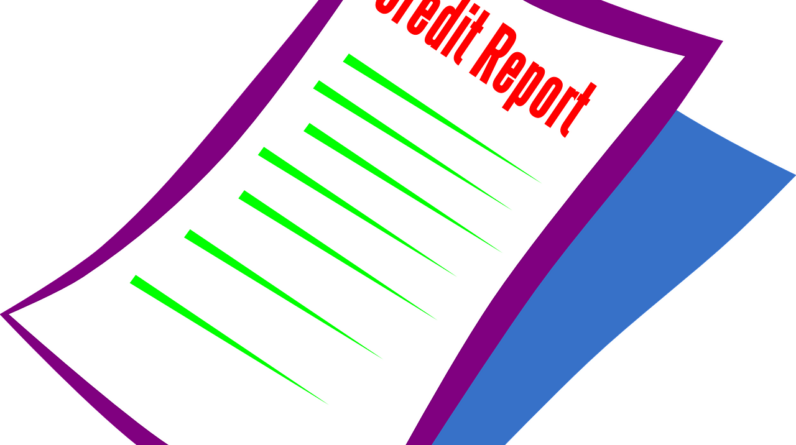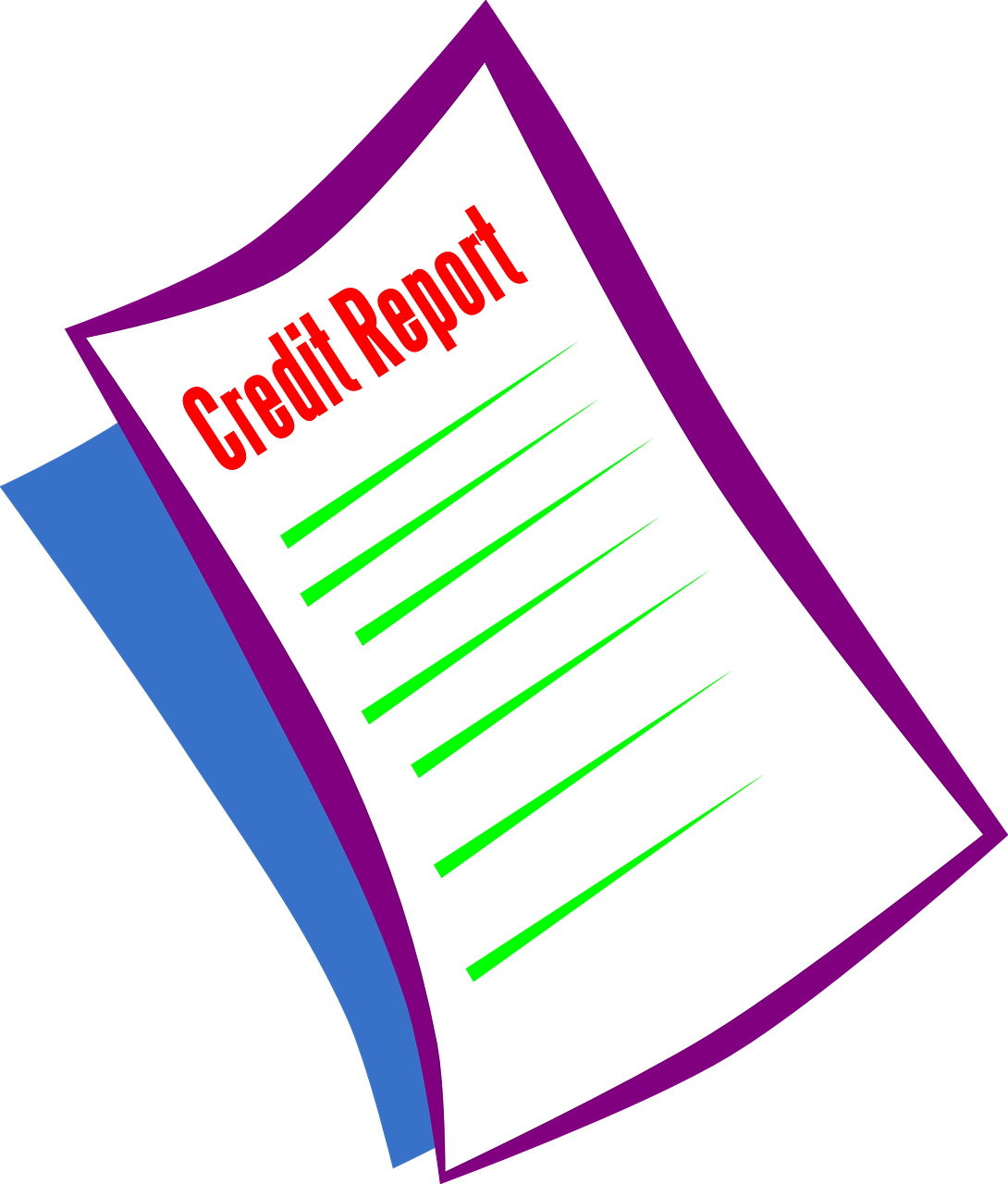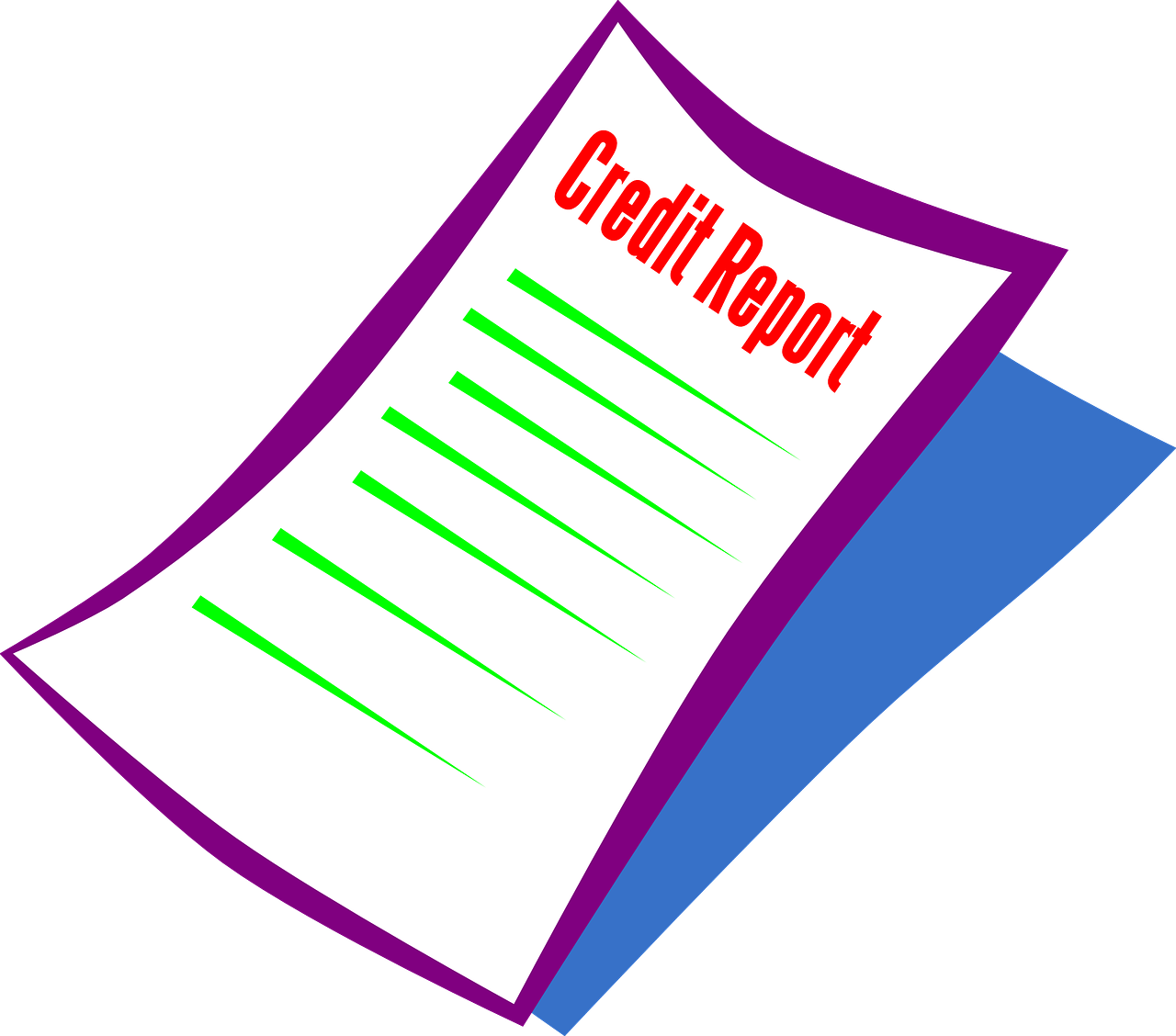
If you’re dreaming of owning your own home but worry that your less than ideal credit score might block your path, fear not! In this article, we explore the question on everyone’s mind – can you get a mortgage with a 500 credit score? Don’t fret just yet, because we’ve got some surprising information and helpful tips to share that could potentially turn your dream of homeownership into a reality. So, grab a cup of coffee, sit back, and let’s find out if a 500 credit score can open doors to the home of your dreams!

Table of Contents
Factors That Determine Mortgage Approval
When applying for a mortgage, there are several factors that lenders consider to determine your eligibility for approval. These factors play a crucial role in determining whether you will be able to secure a mortgage and the terms of the loan. Let’s delve into these factors and understand their significance in the mortgage approval process.
Credit score
Your credit score is one of the most critical factors that lenders consider when reviewing your mortgage application. It is a three-digit number that reflects your creditworthiness based on your credit history. A higher credit score indicates that you have a strong history of managing your debts and making timely payments, making you a more reliable borrower.
Income and employment history
Lenders also assess your income and employment history to determine your ability to repay the mortgage. They want to ensure that you have a stable source of income that is sufficient to cover your monthly mortgage payments. Additionally, they evaluate your employment history to gauge your stability and consistency in earning an income.
Debt-to-income ratio
The debt-to-income (DTI) ratio is a measure of your monthly debt obligations compared to your gross monthly income. Lenders calculate this ratio to assess your ability to manage additional debt responsibly. A lower DTI ratio indicates that you have more disposable income available to cover your mortgage payments, making you a lower risk borrower.
Loan-to-value ratio
The loan-to-value (LTV) ratio represents the mortgage amount relative to the appraised value of the property. Lenders use this ratio to assess the risk associated with the loan. A lower LTV ratio means you are borrowing a smaller percentage of the property’s value, which is generally perceived as less risky by lenders. Higher LTV ratios might require additional mortgage insurance or result in higher interest rates.
Down payment
The down payment is the initial amount of money you pay towards the purchase of a property. Lenders look at the size of your down payment to determine how much risk they are taking on. A larger down payment demonstrates financial stability and reduces the amount of money you need to borrow, making you a more attractive borrower.
Importance of Credit Score
Your credit score plays a pivotal role in the mortgage approval process. Lenders rely on your credit score to assess your creditworthiness and determine the terms of your loan. Let’s explore why your credit score is so crucial when applying for a mortgage.
Understanding credit scores
Credit scores are numerical representations of an individual’s creditworthiness. They are calculated based on various factors, including payment history, amounts owed, length of credit history, new credit, and types of credit used. The most commonly used credit scoring model is the FICO score, which ranges from 300 to 850.
Effect of credit scores on mortgage approval
Lenders view credit scores as an indicator of your ability to manage debt responsibly. A higher credit score gives lenders confidence in your financial stability and increases the likelihood of mortgage approval. On the other hand, a low credit score may make lenders wary, as it suggests a higher risk of defaulting on the loan.
Minimum credit score requirements
Most conventional mortgages require a minimum credit score of 620 to qualify for approval. However, some programs and lenders have more flexible requirements, and it is possible to secure a mortgage with a lower credit score. Nevertheless, a higher credit score will generally lead to more favorable loan terms, such as lower interest rates and reduced down payment requirements.
Options for Low Credit Score Borrowers
If you have a low credit score, do not despair. There are still mortgage options available to you. Let’s explore some of the options that cater specifically to borrowers with less-than-stellar credit.
FHA loans
FHA loans are insured by the Federal Housing Administration and are a popular choice for borrowers with lower credit scores. These loans have more relaxed credit requirements and may allow borrowers with credit scores as low as 500 to qualify. However, lenders may prefer borrowers with higher credit scores to mitigate the risk.
VA loans
VA loans are mortgage loans guaranteed by the U.S. Department of Veterans Affairs and are specifically designed for veterans, active-duty service members, and eligible surviving spouses. These loans typically have more lenient credit requirements compared to conventional loans, making them a viable option for borrowers with lower credit scores.
USDA loans
USDA loans are backed by the U.S. Department of Agriculture and are available to borrowers in rural and suburban areas. These loans have flexible credit requirements and may be an option for borrowers with low credit scores. However, lenders may still consider other factors such as income and employment stability.
Subprime loans
Subprime loans are designed for borrowers with poor credit or a limited credit history. These loans often come with higher interest rates and fees to compensate for the increased risk associated with lending to borrowers with lower credit scores. While subprime loans can be an option for some borrowers, careful consideration is necessary due to the potential drawbacks and costs.
Non-qualified mortgage loans
Non-qualified mortgage (non-QM) loans are a category of mortgage loans that do not meet the qualified mortgage standards set by the Consumer Financial Protection Bureau. These loans cater to borrowers who may not meet traditional lending guidelines, including those with lower credit scores. Non-QM loans often consider alternative criteria, such as bank statements or asset documentation, to assess a borrower’s ability to repay the loan.
FHA Loans
FHA loans are a popular option for borrowers with low credit scores. Here’s what you need to know about FHA loans, their requirements, and their benefits.
Requirements for FHA loans
To qualify for an FHA loan, borrowers generally need a credit score of at least 580. However, borrowers with credit scores between 500 and 579 may still be eligible, but with a higher down payment requirement. FHA loans also require a steady employment history and proof of income to demonstrate the ability to repay the loan.
Benefits of FHA loans
One of the key advantages of FHA loans is the lower down payment requirement. Borrowers can typically put down as little as 3.5% of the purchase price. Additionally, FHA loans offer more flexible credit requirements compared to conventional loans. FHA loans also have competitive interest rates and allow for seller contributions towards closing costs.
Credit score requirements for FHA loans
While borrowers with credit scores as low as 500 may be eligible for FHA loans, it is important to note that individual lenders may have their own requirements. To improve the chances of approval and secure more favorable loan terms, it is advisable to aim for a higher credit score within the FHA guidelines.

VA Loans
If you are a veteran, active-duty service member, or an eligible surviving spouse, a VA loan may be an excellent option for you. VA loans offer several benefits and have flexible credit requirements.
Requirements for VA loans
VA loans require a minimum credit score set by the lender. While the VA does not have strict credit score requirements, lenders typically prefer borrowers with credit scores of 620 or higher. VA loans also require a Certificate of Eligibility (COE) to prove your entitlement to the loan benefit, as well as a stable income and employment history.
Benefits of VA loans
VA loans offer numerous advantages, including no down payment requirement for eligible borrowers. This can be a significant benefit, as it alleviates the need for a substantial upfront payment. VA loans also do not require private mortgage insurance (PMI), potentially resulting in lower monthly payments. Additionally, VA loans have competitive interest rates and require no prepayment penalties.
Credit score requirements for VA loans
While the VA itself does not set strict credit score requirements, individual lenders may have their own guidelines. To improve your chances of approval and secure better loan terms, it is advisable to work on improving your credit score within the lender’s recommended range.
USDA Loans
USDA loans are designed to assist borrowers in rural and suburban areas who have lower incomes. These loans have flexible credit requirements and offer unique benefits.
Requirements for USDA loans
USDA loans do not have strict credit score requirements. However, lenders generally prefer borrowers with credit scores of 640 or higher to qualify for automatic underwriting. Borrowers with credit scores below 640 may still be eligible but will undergo manual underwriting, which requires further review and documentation. USDA loans also consider factors such as income, employment stability, and the property’s location.
Benefits of USDA loans
A notable benefit of USDA loans is the option for zero down payment, making homeownership more accessible. USDA loans also offer competitive interest rates and reduced mortgage insurance premiums compared to other loan types. Additionally, USDA loans allow for the inclusion of closing costs in the loan amount, which can help reduce the upfront costs of buying a home.
Credit score requirements for USDA loans
While USDA loans have more relaxed credit requirements, a higher credit score can strengthen your application and enhance your chances of approval. Aim to achieve a credit score within the lender’s recommended range to secure better loan terms and increase your likelihood of mortgage approval.

Subprime Loans
Subprime loans are designed for borrowers with lower credit scores or challenging financial situations. However, they come with risks and drawbacks that borrowers must carefully consider.
Understanding subprime loans
Subprime loans are mortgages offered to borrowers with credit scores below the conventional loan thresholds. These loans typically come with higher interest rates and fees to compensate for the increased risk associated with lending to borrowers with lower credit scores. Subprime loans gained notoriety during the 2008 financial crisis when many borrowers struggled to repay their mortgages.
Risks and drawbacks of subprime loans
One of the significant risks associated with subprime loans is the potential for foreclosure if borrowers are unable to make their payments. The higher interest rates and fees can also result in higher monthly mortgage payments, putting a strain on already stretched budgets. Furthermore, subprime loans may limit future refinancing options or make it challenging to secure loans at favorable rates due to the impact of a lower credit score.
Credit score requirements for subprime loans
As subprime loans cater to borrowers with lower credit scores, specific credit score requirements may vary. Lenders specializing in subprime loans typically evaluate the borrower’s credit history comprehensively rather than focusing solely on credit scores. While subprime loans can be an option for some borrowers, it is crucial to carefully assess the associated risks and costs before proceeding.
Non-Qualified Mortgage Loans
Non-qualified mortgage (non-QM) loans are an alternative option for borrowers who may not meet traditional lending guidelines, including those with lower credit scores. Let’s explore what non-QM loans are and their requirements.
What are non-qualified mortgage loans?
Non-qualified mortgage loans are mortgages that do not meet the criteria outlined by the Consumer Financial Protection Bureau for qualified mortgages. These loans may have more flexible requirements, such as considering alternative income documentation or accommodating borrowers with lower credit scores. Non-QM loans are typically offered by specialized lenders.
Requirements for non-qualified mortgage loans
Non-QM loans cater to borrowers who may not meet traditional lending guidelines. While specific requirements may vary depending on the lender and loan program, non-QM loans often consider factors such as bank statements, asset documentation, or debt-to-income ratios. These loans focus on the borrower’s overall financial picture rather than solely relying on credit scores or standard income verification.
Credit score requirements for non-qualified mortgage loans
Non-QM loans specifically cater to borrowers who may have lower credit scores or unique financial circumstances. While lenders offering non-QM loans understand that borrowers may not meet traditional credit score requirements, it is still essential to work on improving your credit score to increase your chances of approval and secure more favorable loan terms.

Improving Your Credit Score
Regardless of your current credit score, taking steps to improve it can benefit your ability to secure a mortgage. Here are some strategies to boost your credit score.
Importance of improving credit score
Improving your credit score is essential because it can positively impact your mortgage application and loan terms. A higher credit score can help you secure lower interest rates, reduce the down payment requirement, and open up more loan options. Additionally, improving your credit score demonstrates financial responsibility and increases your overall creditworthiness.
Steps to improve credit score
To improve your credit score, start by reviewing your credit report for any errors or inaccuracies. Dispute any discrepancies with the credit reporting agencies and ensure they are corrected. Next, make sure to pay your bills on time and in full. Keep your credit card balances low and avoid applying for new credit unless necessary. Regularly monitoring your credit and maintaining healthy financial habits will gradually improve your credit score over time.
Timeline for credit score improvement
Improving your credit score is not an overnight process, and it requires patience and consistency. The timeline for credit score improvement can vary depending on individual circumstances, but with responsible credit management, you can see gradual progress within a few months. However, for significant improvements, it may take up to a year or more to achieve a substantially higher credit score.
Alternative Options for Homebuying
If securing a traditional mortgage seems challenging or you do not meet the necessary criteria, there are alternative options to consider. Let’s explore some alternatives for homebuying.
Rent-to-own agreements
Rent-to-own agreements allow potential homebuyers to rent a property with the option to purchase it at a later date. These agreements often include a portion of the monthly rent being applied towards the down payment or purchase price. Rent-to-own agreements can be a viable option for individuals with lower credit scores, providing an opportunity to improve their credit while working towards homeownership.
Co-signer or joint mortgage
If your credit score is not strong enough to qualify for a mortgage on your own, you may consider having a co-signer or applying for a joint mortgage with a creditworthy individual. This allows you to leverage their credit to strengthen your application. However, it is crucial to understand the responsibilities and obligations associated with co-signing or entering into a joint mortgage, as both parties share equal responsibility for repaying the loan.
Down payment assistance programs
There are various down payment assistance programs available to help homebuyers who may not have enough savings for a substantial down payment. These programs provide financial assistance or grants that can be used towards the down payment, making homeownership more accessible for individuals with limited funds.
Considering alternative housing options
If traditional homebuying is not currently feasible, considering alternative housing options may be worth exploring. This can include renting a more affordable property, downsizing to a smaller home, or exploring cooperative housing or manufactured homes. These options provide temporary housing solutions while you work towards improving your credit and financial situation for future homeownership.
In conclusion, while a low credit score can make it more challenging to secure a mortgage, it is not impossible. Understanding the factors that determine mortgage approval, exploring alternative loan options, and working on improving your credit score can increase your chances of obtaining a mortgage. Remember to carefully assess your financial situation, consult with lenders, and explore various options to find the best path to homeownership.








